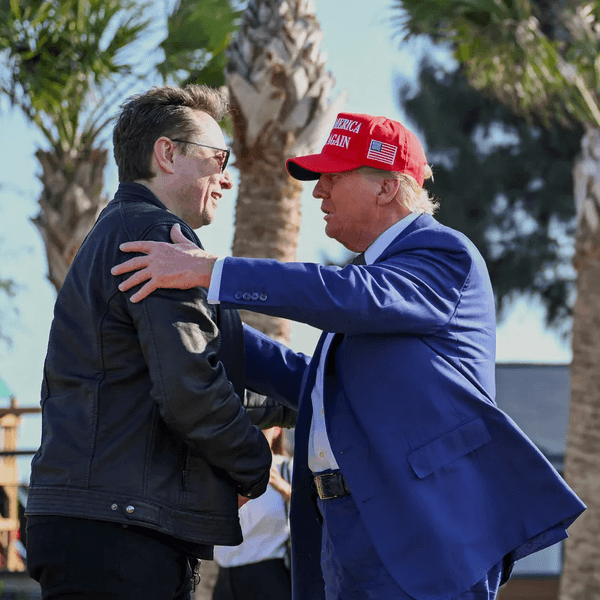
By Steve Chawkins, Los Angeles Times
LOS ANGELES — Charles F. Farthing, a physician who was at the forefront of care for HIV/AIDS patients and who drew attention to the need for an AIDS vaccine by announcing his willingness to inject himself, has died. He was 60.
Farthing, who collapsed in a Hong Kong taxi April 5, had a heart attack, family members said in an announcement.
Farthing was chief of medicine for the Los Angeles-based AIDS Healthcare Foundation from 1994 to 2007. He was planning to return to the foundation in June as director of treatment programs in the 32 countries outside the U.S. where it provides services.
At the time of his death, Farthing was based in Hong Kong and working for the pharmaceutical company Merck, Sharp & Dohme as Asia Pacific director of medical affairs for infectious diseases.
“He was one of the most recognizable personalities in our field,” said Dr. Michael S. Gottlieb, a Los Angeles physician who co-wrote the first scientific report identifying the disease that came to be known as AIDS. “He had a lifelong commitment to the cause.”
In 1997, Farthing was frustrated by what he saw as the slow progress of work on a promising vaccine that contained a weakened form of the HIV virus. With drug companies reluctant to do expensive research that might be dangerous for human test subjects, he controversially said he would volunteer as a guinea pig. Others in the field followed suit and expressed their willingness, although ultimately the idea stalled.
Still, Farthing, who was unafraid to take outspoken positions, was for a time intent on the idea.
“Someone has to go first,” he told the Los Angeles Times.
And the first injection wouldn’t be the last; to see if it worked, it would have had to be followed years later by shots of the virus in a stronger form.
“Years ago, people took risks,” Farthing said. “Now, it’s as if medical research can’t expose anyone to any risk. That’s why this research is going so slowly. People have to accept some risk.”
In the end, discouraging results from tests of a similar vaccine on monkeys dissuaded even Farthing.
“Based on follow-up data, he believed the vaccine wouldn’t work,” said Michael Weinstein, president of the AIDS Healthcare Foundation. “But the fact that he was willing to take a chance with his own life — when we were still in the era of certain death — showed his commitment, his courage, his willingness to do anything for a breakthrough.”
Research on a vaccine is ongoing, and medications have made the disease far more manageable.
Born in Christchurch, New Zealand, on April 22, 1953, Charles Frank Farthing thought of becoming a priest but was attracted to medicine when he helped treat banged-up rugby players in high school.
“He was a fixture on the sidelines with his little white box,” said his cousin David Williams, who attended the same school and is now a neurobiologist at the University of California, Los Angeles’ Jules Stein Eye Institute.
Farthing received his medical degree from the Dunedin School of Medicine in New Zealand’s Otago province.
Practicing in London at St. Stephen’s Hospital, he helped start one of England’s first AIDS wards in the early 1980s. Several years later, he became head of an AIDS program at New York’s Bellevue Hospital.
In Los Angeles, he was a key figure in the AIDS Healthcare Foundation, which describes itself as the largest non-governmental AIDS organization in the world.
“He was to a large degree responsible for building our medical program,” Weinstein said.
“He recruited, mentored and trained many doctors. He helped build a medical structure that continues to this day and now covers the globe.”
Farthing’s survivors include his partner, Dougie Lui, and his brother Bruce.
AFP Photo/Manjunath Kiran








